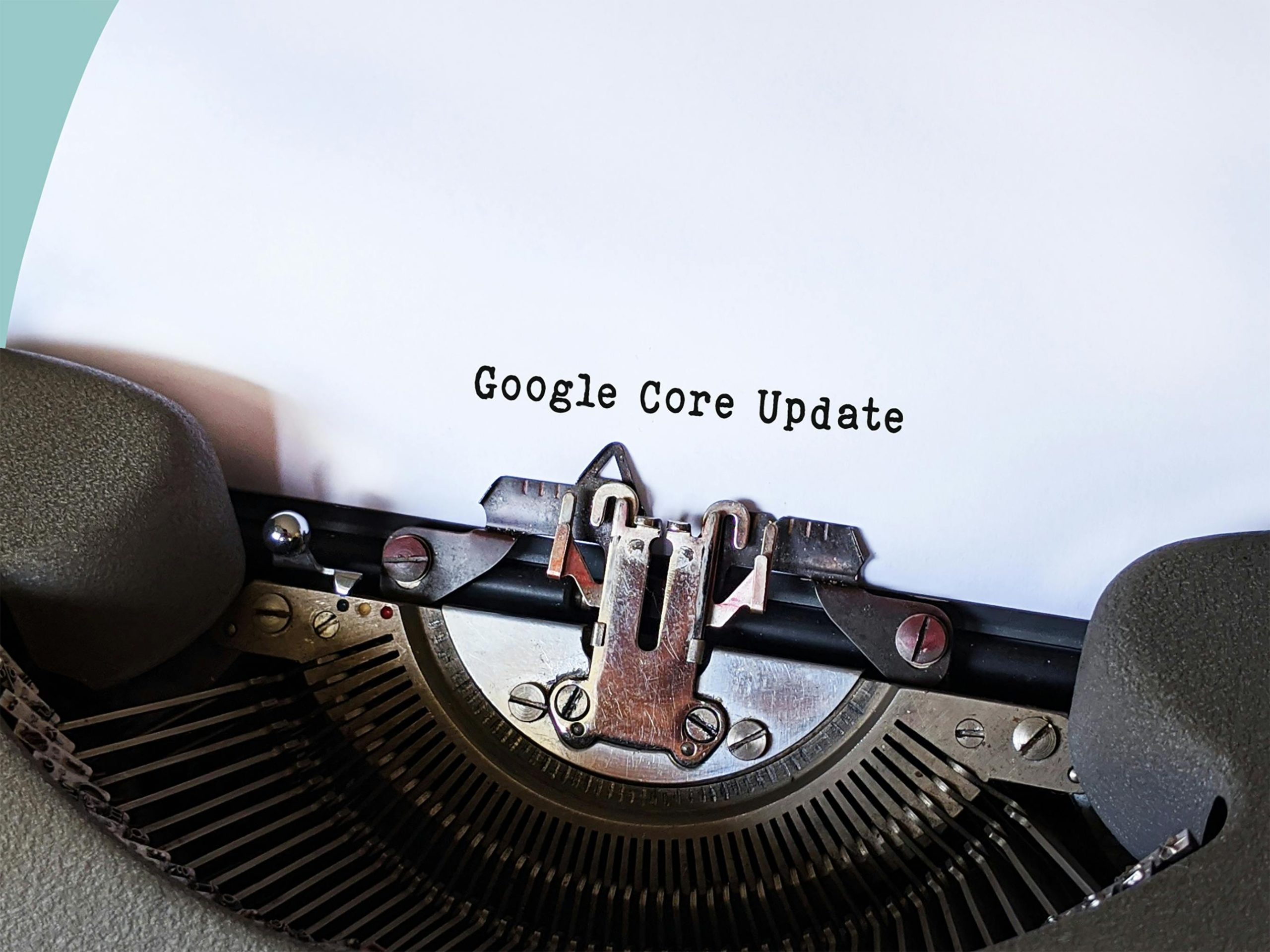Insights from Google on SEO, AI Integration, and Content Strategies—Japan, August 2025
In the rapidly evolving landscape of digital marketing, staying informed about the latest developments in search engine optimization (SEO) and artificial intelligence (AI) is crucial. Recently, a comprehensive discussion featuring Google’s direct commentary offered valuable clarity on key topics that many marketers and website owners frequently debate. For those seeking authoritative insights without speculation, this source provides a reliable reference point.
Below is an overview of the critical points addressed, complemented by a link to the full video discussion for further context.
Key Takeaways from Google’s Official Statements on SEO and AI
1. Custom AI Models in Google Search
Google utilizes specialized AI models, notably a customized version of Gemini, for its AI-related features such as AI Mode and AI Overviews. The development and deployment of such models aim to enhance search capabilities and provide more nuanced results.
2. Grounding AI with Google’s Search Index
Features like AI Mode, AI Overviews, and Gemini are grounded in Google’s Search index. This means that their outputs are tied directly to the existing search data, ensuring relevance and accuracy.
3. Controlling AI Grounding on Your Site
Webmasters can influence how AI models interact with their content. Disallowing Google Extended (via robots.txt or other methods) prevents Gemini from grounding a site’s content, effectively limiting AI’s reliance on that site.
4. AI Models Like Gemini Do Not Fetch Web Data Live
It’s important to note that Gemini does not perform real-time web fetches. Instead, it leverages the search index, which is a snapshot of web content, to generate responses and insights.
5. Training on AI-Generated Content
While training AI models on content produced by other AI systems might raise concerns, Google clarified that this does not negatively impact search rankings or indexing processes.
6. The Role of Human Oversight in AI Content Creation
AI is capable of producing high-quality content, but human review remains essential. Curators and editors should oversee AI outputs to ensure accuracy, relevance, and editorial standards are maintained.
7. Revenue Considerations and AI Content
The conversation also touched on the potential revenue implications of blocking or allowing AI-generated content, highlighting ongoing discussions about monetization and content strategy.
8. Evolving Web Crawling Controls
There are ongoing dialogues within the Internet Engineering Task Force (IETF)

